
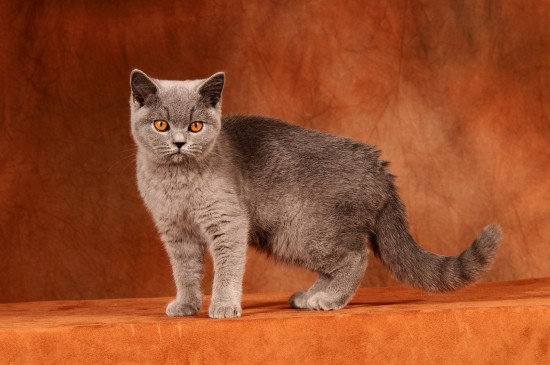
If your cat goes outdoors and there is frost, snow or ice on the ground then do keep a close eye on her feet. Make sure her pads are wiped with a damp cloth when she comes indoors to prevent her from licking off salt and/or grit which can be very harmful.
Cold weather hazards include anti-freeze and de-icers. Anti-freeze contains a highly toxic chemical called ethylene glycol, which is very poisonous to cats (and dogs).If you suspect your pet may have been in contact with these substances or they are showing any warning signs or symptoms (vomiting, seizures, lethargy and/or very rapid breathing) it’s important to seek immediate veterinary attention.
Spring is just around the corner, and this is typically time for a spring-clean! Cats are generally very good at keeping themselves clean, but they may need a helping hand in the dental care department. Cats unfortunately don’t generally take kindly to tooth-brushing, but you may like to consider purchasing a special enzymatic tooth paste that stops the bacterial plaque film from turning to hard, brown tartar. A good diet which is enriched with natural antioxidants may also be beneficial for good oral hygiene.
One of the best ways to promote healthy skin and encourage coat growth is to increase the grooming time. Some owners are reluctant to brush cats with scurf and / or loose hair for fear of making the problem worse. However, this hair and skin is dead; and if left, will begin to clog up the pores. Removing it will help to stimulate the natural oils and create a nice healthy base for new growth. Long-haired cats require special attention, but all cats should be groomed regularly because areas that cannot easily be reached can quickly become matted even in shorter coated cats, and fur balls can affect all cats.
Cats that go outside need some sort of identification in case they get lost or injured. Micro-chipping is recommended for cats, and a visible form of identification (i.e. a name tag on the collar) is also sensible. Because cats get into small places and climb trees there is always the chance of a collar getting caught or the cat pulling their head or leg through it. Thus it is best to use a good quality safety collar which snaps open should it get caught. Even indoor cats may require identification, especially if there is any risk that she may escape through a window or door which has been left open in the warmer weather.
A weight check is always sensible. Knowing your cat’s normal, healthy weight can help your vet to establish the severity of a problem if she ever were to become overweight or underweight. It is especially important to keep your cat trim because obese cats tend to be very much more sedentary. Overweight and lazy cats are more at risk from feline urinary tract problems including bladder stones.
During the summer we often enjoy cooking outdoors on an open fire or barbeque. This is great fun but can pose a risk to cats if they are able to access any cooked bones, raw pork products, or are too close to the heat source and in danger of being burned. Enjoy your al fresco dining, but make sure cats are very closely supervised around food and fire. They may even think about climbing onto warm barbeque coals to find heat on a cooler evening, so extra caution is needed.
Sun screen is almost always on the shopping list for us, but have you considered the risk of UV light to cats too? White cats (or cats with white markings) are especially at risk (particularly ears and noses) so make sure your cat is not lying out in the direct sunlight for too long, and consider buying her some special feline-safe sun cream as well.
Certain foods are dangerous for cats to consume; these include chocolate, onions, grapes, raw potatoes, tomatoes and raisins. Raw fish fed in excess can also cause problems as it contains thiaminases; the enzymes that breakdown thiamine (vitamin B1). If fed excessively the cat could become deficient in vitamin E because it is used up when the oils begin to go rancid. Also beware of liver as this can cause hypervitaminosis A if fed in excess. Sticking to a complete and balanced commercial diet avoids these risks; and if you do give treats – then make sure they are safe, only given in moderation and that the main diet is reduced to allow for those extra calories. Never give human or dog medicines as these too can be toxic to cats.
If your cat is afraid of fireworks (which many are), then it is now time to start making early preparations ready for the Bonfire, Christmas and New Year celebrations. Some cats may require sedatives from the vet. Natural remedies such as a little lavender oil (to apply to the bedding) can be useful too, so make sure you are stocked up with everything you need to minimise your cat’s anxiety if necessary. Make a note to keep her safely indoors for several evenings over a period when fireworks are most likely as not everyone restricts them to just the one night.
Nutrition is not only a vital contributing factor to your cat’s outward appearance, but can also affect general demeanour and temperament. Over-feeding is very detrimental. Problems frequently arise when over-supplementing an already complete diet with mineral and/or calorie-rich foods. It is important to watch your cat’s weight closely; cats that are less active or who have been neutered can put on weight easily. As a general rule, you should be able to feel your cat’s ribs when you touch them, but not see them. Just like us, cats need the correct ratio of food and exercise for optimal health and fitness.
Christmas is a time for celebration, but bear in mind there are a lot of hazards for cats at this time of year. These include decorations, candles, plants (especially lilies, holly, ivy and mistletoe), chocolate, fat-rich foods and ribbons used for wrapping presents. Make sure you treat your cat to some presents but choose her healthy treats and do make sure anything she shouldn’t be eating is kept well out of harm’s way. A super present for cats at Christmas is a pot of home-grown catnip or special cat grass.
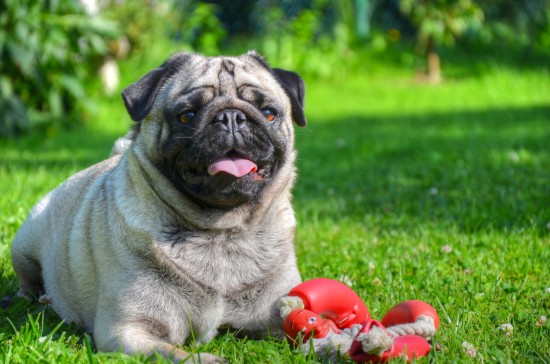 How Obesity Can Affect Your Dogs Lung Function
How Obesity Can A
How Obesity Can Affect Your Dogs Lung Function
How Obesity Can A
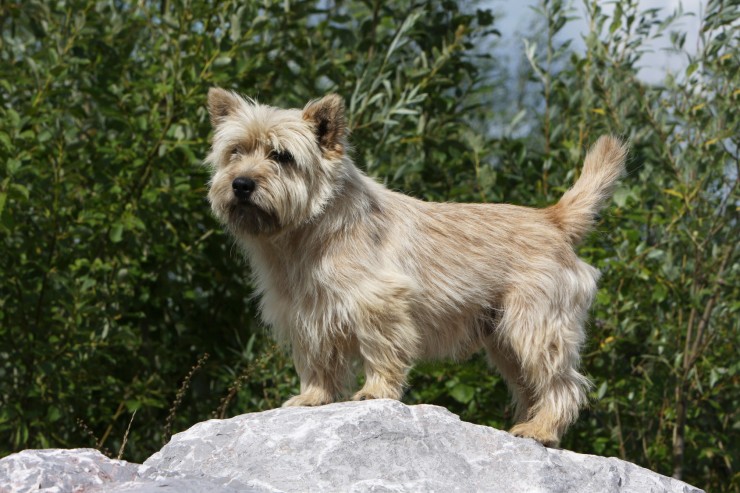 Grooming And Caring For The Cairn Terrier
Grooming And Cari
Grooming And Caring For The Cairn Terrier
Grooming And Cari
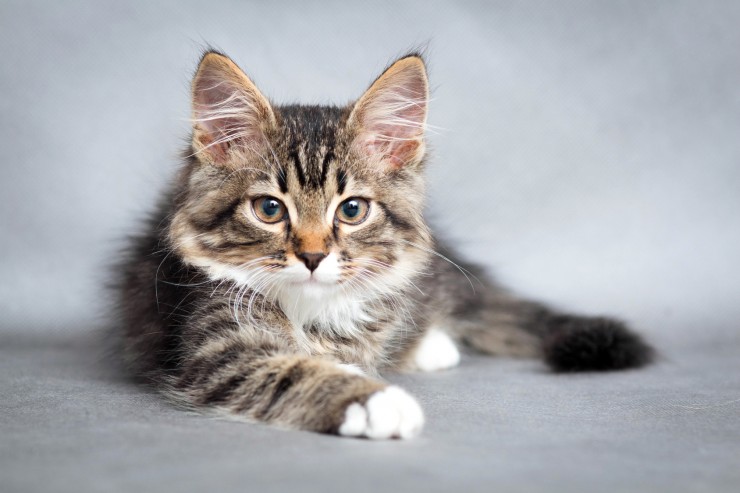 The Five Most Common Causes Of Allergies In Cats
The Five Most Com
The Five Most Common Causes Of Allergies In Cats
The Five Most Com
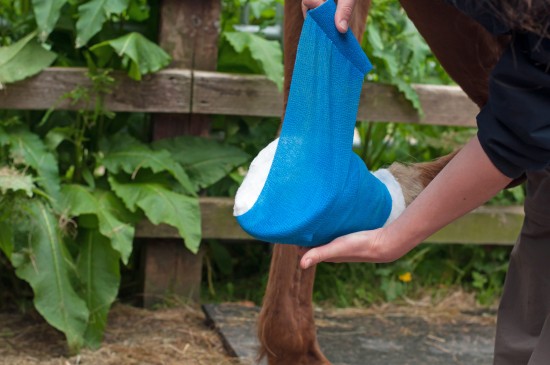 Essential Items For Your Horse First Aid Kit
Essential Items F
Essential Items For Your Horse First Aid Kit
Essential Items F
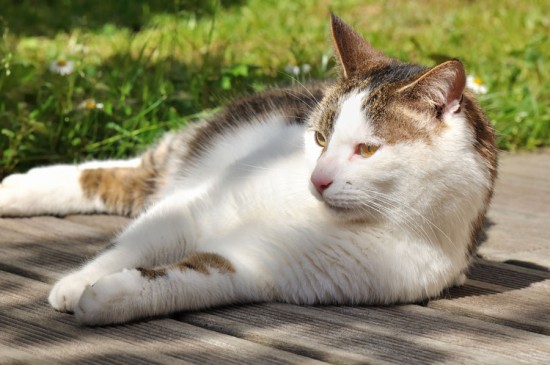 Cats, Hot Weather And Heatstroke
Cats, Hot Weather
Cats, Hot Weather And Heatstroke
Cats, Hot Weather
Copyright © 2005-2016 Pet Information All Rights Reserved
Contact us: www162date@outlook.com